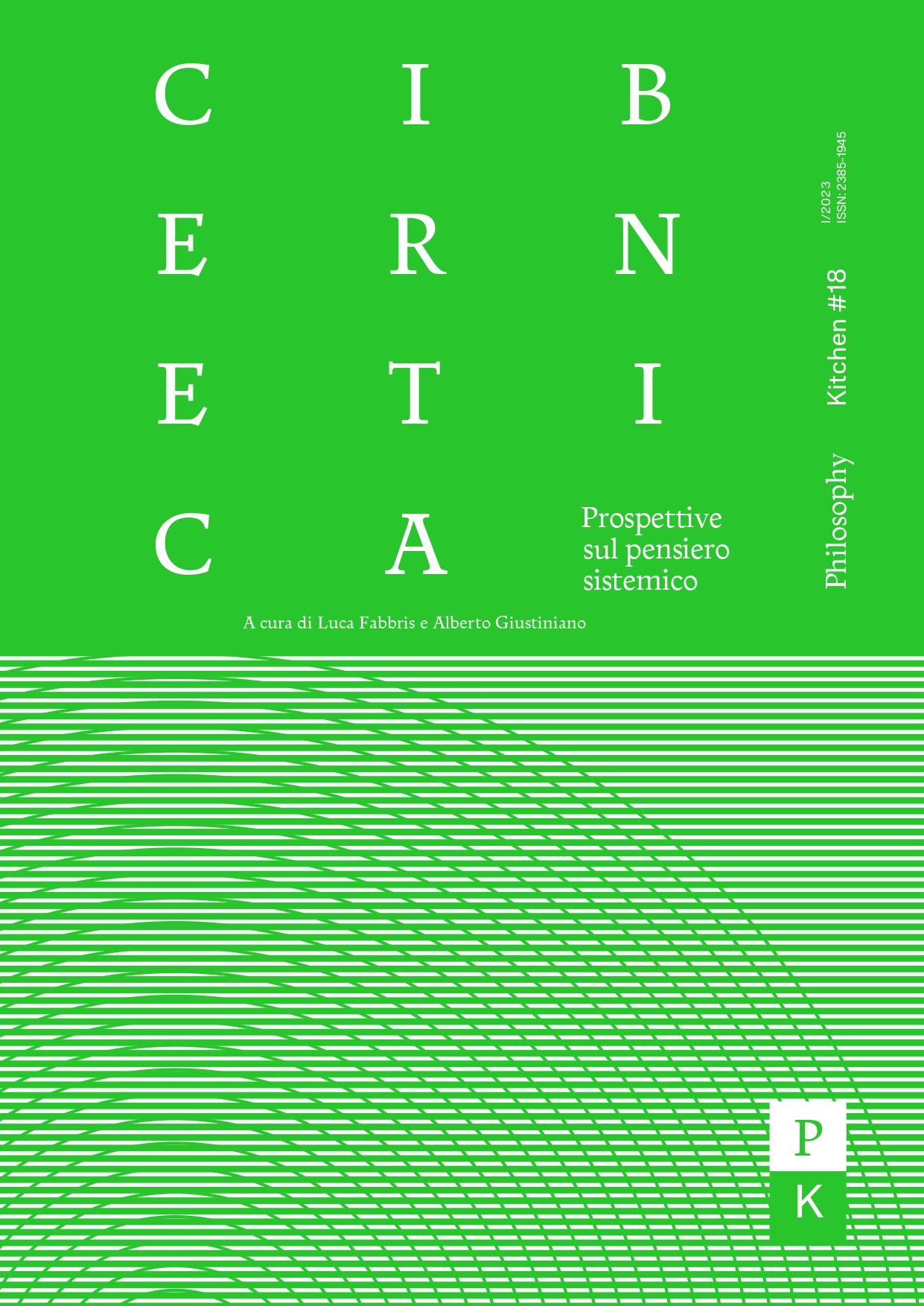On the Framing of Systems and Cybernetic Models
DOI :
https://doi.org/10.13135/2385-1945/7836Résumé
Most writing on systems and cybernetics is within the scientific frame of modelling in terms of objects characterised by attributes. There are two clear exceptions, Stafford Beer in the construction of the Viable System Model, and Peter Checkland in the construction of Soft Systems Methodology. These two authors frame their approach in a transformation process, the purpose of which lies in the eye of the beholder/observer defining the process, and characterised by its relationship to its context. I start from the Heraclitian notion that in the world in which we find ourselves all is flux and change. Using the frame developed by Beer and Checkland, I propose that this process view is fundamental to developing models and understanding of the stability we find in phenomena in our world. I explore the necessary structures to achieve coherence and adaptability and show that the learning process is essential. I designate this approach ‘systemic process thinking’, and show that it can be considered a distinct paradigm which fits the Heraclitian view of a dynamic world. It is necessarily constructivist, improves on Whitehead’s Process Philosophy, and has considerable modelling power. I also show how the Western WEIRD approach has been derived from this.





